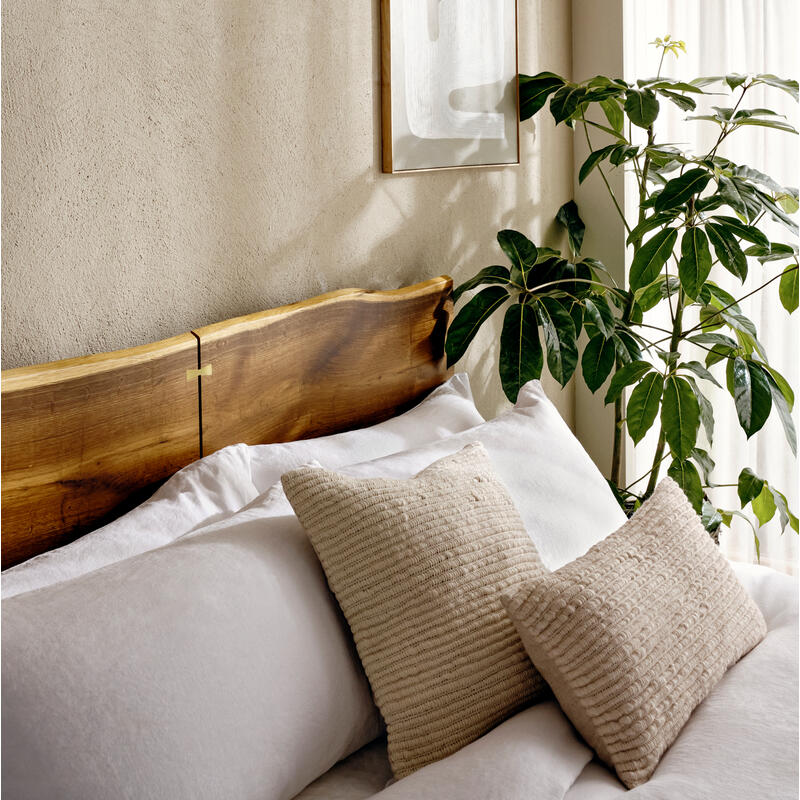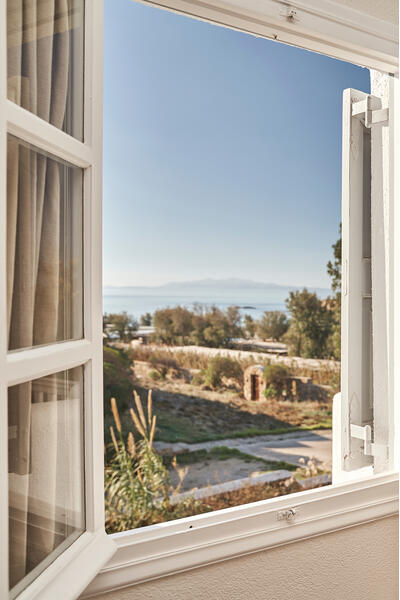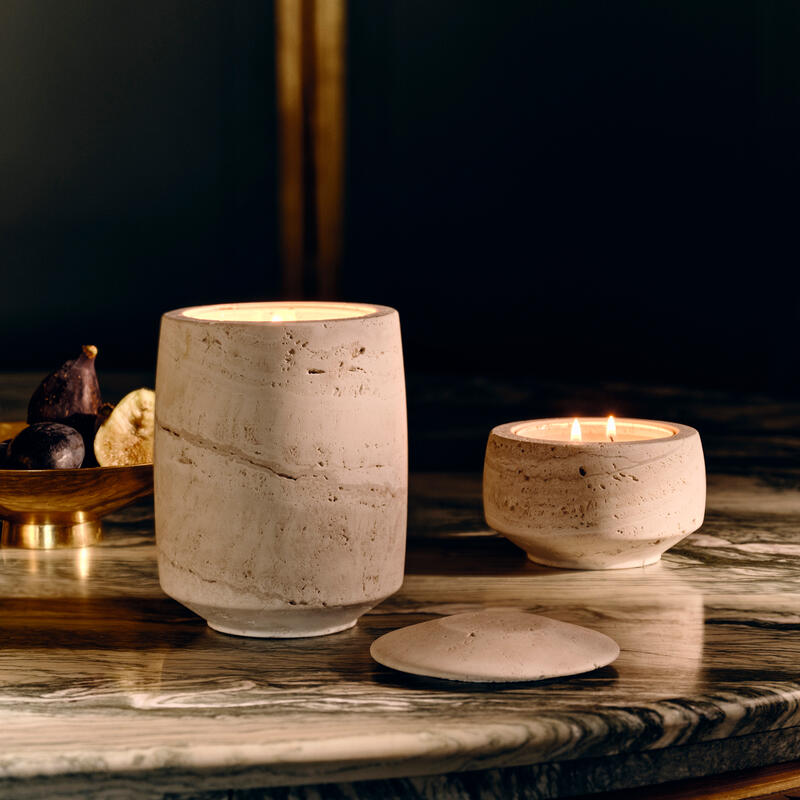When it comes to improving our health, we often forget about the benefits of light and scent. Not only can the right light sources and fragrances help to set the mood, but they also make a real impact on our happiness, cognition, and energy levels. 'Darkness has been linked to lower moods, and light (or the lack of it) is connected to our circadian rhythms,' says Reena Hammer, our Global Soho Health Club Director, while 'scent has the ability to awaken, relax, invigorate, and calm.'
Here, Hammer shares some easy ways to harness the power of light and scent throughout the day, with help from Tiffany Hamilton-Atkins, Soho House's Health and Wellbeing Manager.


When you need to focus
In the mornings, 'scents like peppermint, lemon and rosemary all help with focus,' says Hammer. Try these as essential oils or in blends like the Cowshed Active range, and our Bergamot and Mandarin Zest home fragrance.
Light quality is important for concentration, too. 'Always think about your eyes - they need help, so don't work in an environment where you need to strain,' says Hammer. 'You want a balanced light: not too harsh, but not too dark either.' To achieve this balance, layer multiple light sources around your workstation, and adjust the brightness as the daylight changes.
When you’re feeling down
'Drops in natural light exposure result in less serotonin in our bodies,' says Hammer. So, if you can, try to spend at least a few minutes outdoors every day. For those times when you're stuck inside, try using coloured bulbs in your desk or table lamps.
'Blue light is great for wintertime, and is often used in the treatment of Seasonal Affective Disorder because it replicates the sun's natural light,' says Hamilton-Atkins. 'It stimulates the hypothalamus (body clock), causing alertness, wakefulness and the suppression of melatonin, which can bring about tiredness or low mood,' she says. White light can also have a similar stimulating effect, while yellow light is believed to help boost your mood.



When it’s time to relax
In the evenings, or when you're winding down for the day, limit your exposure to energy-boosting blue light sources, like phones, TVs and tablets, and opt for warmer tones instead. 'Red light is great for the production of melatonin,' says Hamilton-Atkins. 'It aids sleep, and relaxes the muscles and body.' If you don't have access to coloured bulbs, simply dimming overhead lights and switching to softer and more diffused options, like floor and table lamps, is a great start.
Scents like lavender, cedarwood and frankincense can help you to de-stress, too. 'Lavender has been used as a relaxation aid for centuries and can be found in many oils or bath products,' says Hammer. Try it in an essential oil diffuser, candle, or even in a pillow spray before bed.



